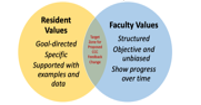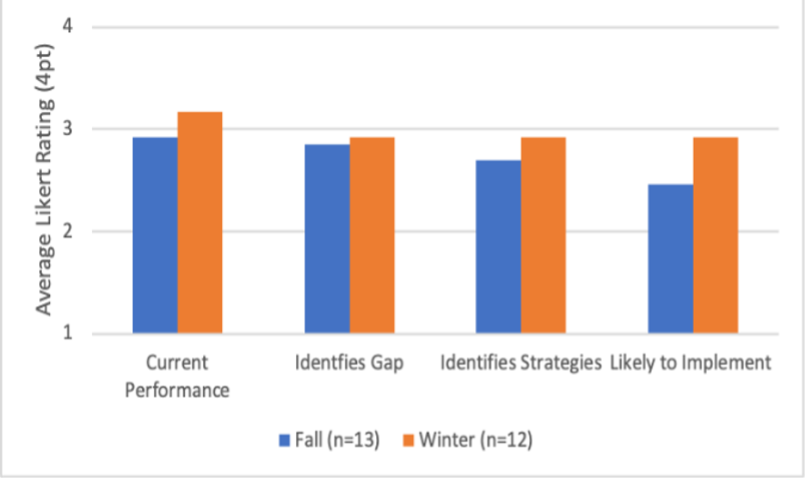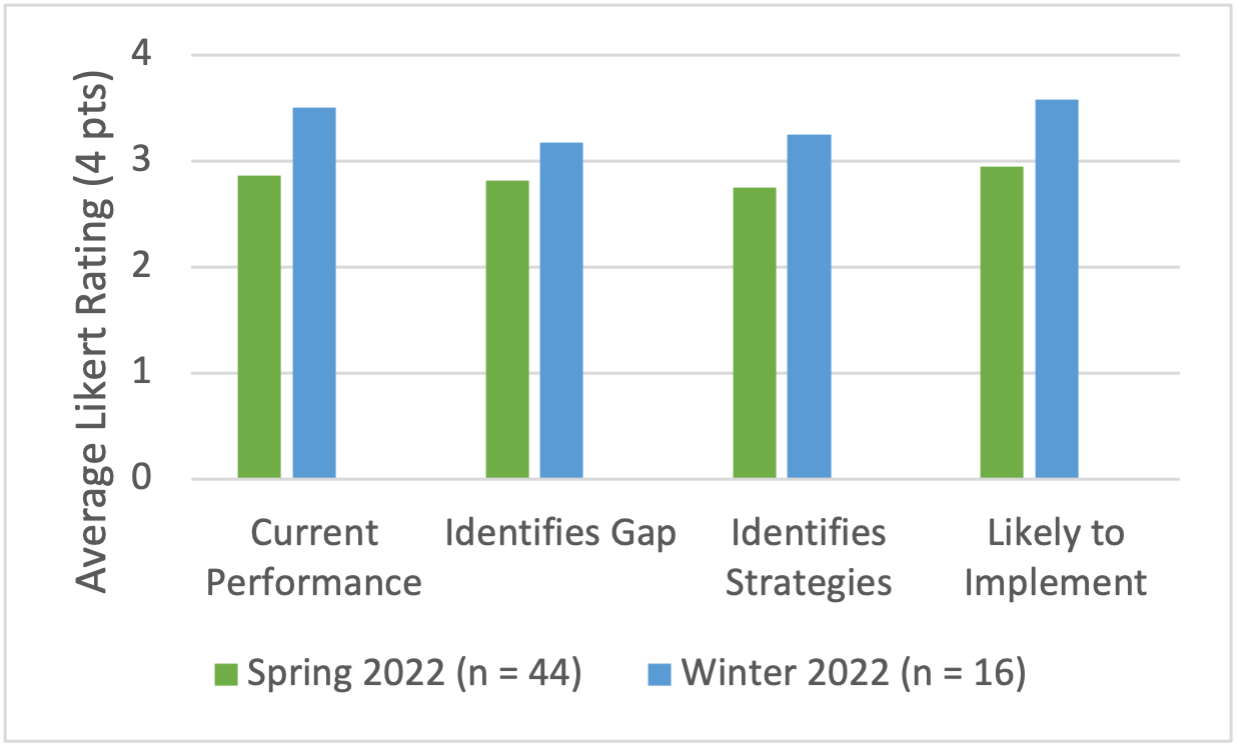Medical Education: Resident
Medical Education 14: Resident 5
489 - Building a Better CCC: A Multi-Institutional Approach to Improving the Quality of Resident Feedback through Appreciative Inquiry
Publication Number: 489.422

Nikita G. Khetan, MD, FAAP (she/her/hers)
Assistant Professor, Pediatric Hospitalist
The University of Texas Health Science Center at Houston and McGovern Medical School
Houston, Texas, United States
Presenting Author(s)
Background:
Our respective Clinical Competency Committees (CCC) at UTHealth Houston (UTH) and UTHealth San Antonio (UTHSA) convene twice yearly to review resident evaluations and generate summative feedback for the residents. Over the last decade, the data gathering processes feeding the CCCs have been honed through iterative improvements. However, the summative feedback produced after CCC reviews has varied in quality and specificity.
Objective:
The aim of this project was to improve the quality of the summative written feedback provided to residents after the CCC reviews using an Appreciative Inquiry (AI) approach.
Design/Methods:
This project was conducted over the 2019-20 and the 2021-22 academic years at UTH and UTHSA, respectively. It included pediatric PGY-2 and -3 residents (n = 72). AI methodology was selected to engage all stakeholders in the change process using a positive lens. The first two phases of the AI cycle were accomplished via anonymous surveys to residents and faculty. Survey responses were analyzed, themed, and presented to resident and faculty representatives for their input into how best to improve the CCC process based on the identified themes.
Deliberate Practice (DP) as a theoretical framework guided the definition and assessment of high-quality feedback. Pre- and post-intervention, resident satisfaction with CCC summative feedback was gauged by an anonymous survey grounded in the DP framework. Additionally, at UTHSA deidentified resident feedback was scored using the Task-Gap-Action (TGA) published rubric. This study was reviewed by UTHSA and UTH IRBs and approved as non-regulated research.
Results:
Resident response rates were 79% pre and 39% post on the combined survey consisting of AI prompts and feedback satisfaction questions. Faculty response rates were 50% at UTHSA and 75% at UTH. Themes from the AI process are summarized in Figure 1 and resulted in a change involving a new CCC summative feedback form grounded in the milestone evaluations. Resident satisfaction with feedback trended positively at both institutions (Figures 2, 3). At UTHSA, the quality of the feedback as assessed by mean TGA scores increased from 2.5/9 to 8/9.
Conclusion(s):
AI is a feasible approach to determining the needs of learners and faculty in the feedback process. By collaboratively implementing this approach within the CCCs at our respective institutions, we were able to positively affect the feedback given to residents across two programs. We hope to continue to train our CCC members on the DP framework and its uses so as to provide more concrete and actionable feedback items for our residents.


